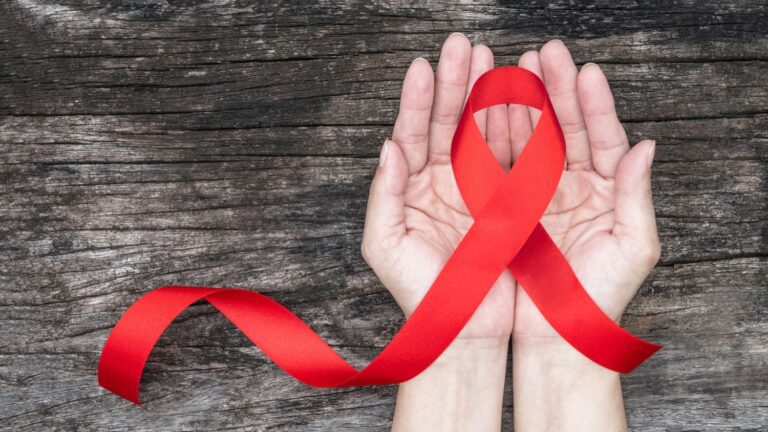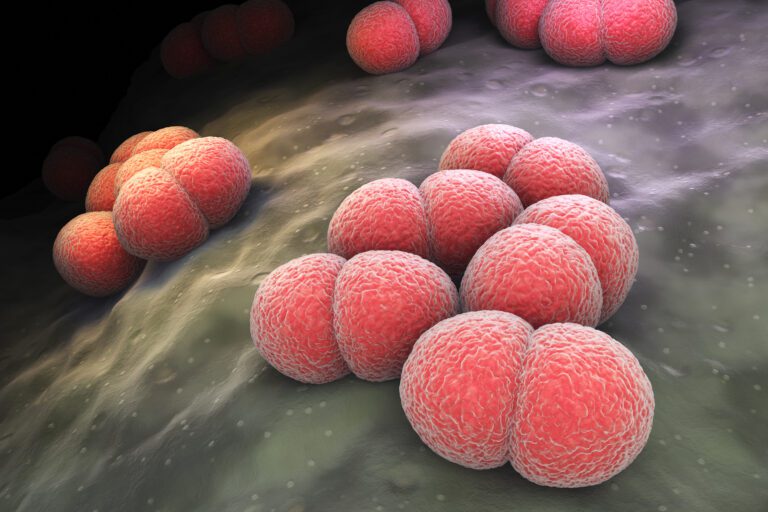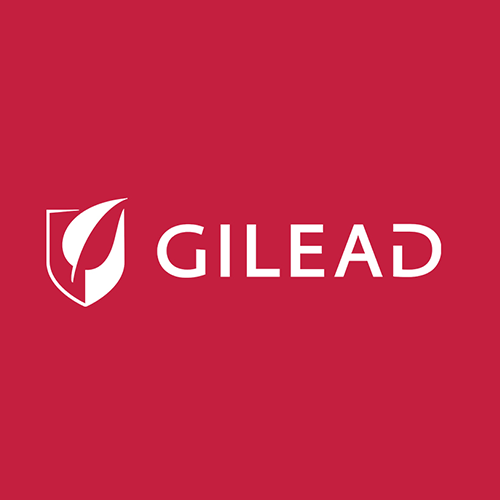Impact of Diet on HSV1 Symptoms: Foods to Eat and Avoid
Living with herpes simplex virus type 1 (HSV1) can be challenging, but did you know that your diet can play a significant role in managing its symptoms? Whether you’re dealing with occasional cold sores or recurrent outbreaks, the foods you eat can either help alleviate symptoms or trigger flare-ups. In this article, we’ll explore the impact of diet on HSV1 symptoms and discuss the foods you should incorporate into your diet and those you should avoid. As responsible residents of Jacksonville, Florida, understanding how your diet affects HSV1 symptoms can empower you to take control of your health and well-being.
Understanding HSV1 Symptoms
Before diving into the role of diet, let’s briefly review HSV1 symptoms. HSV1, or herpes simplex virus type 1, commonly manifests as cold sores around the mouth or on the lips. Symptoms may include tingling, itching, and burning sensations before the appearance of blisters. These blisters can be painful and may take several days to heal. While HSV1 is primarily transmitted through oral contact, it can also be spread through genital contact, leading to genital herpes.
The Connection Between Diet and HSV1 Symptoms
While diet alone cannot cure HSV1, certain foods can help support your immune system and reduce inflammation, potentially minimizing the frequency and severity of outbreaks. Conversely, some foods may weaken the immune system or trigger inflammation, making outbreaks more likely. By making informed dietary choices, you can better manage your HSV1 symptoms and improve your overall health.
Foods to Eat for Managing HSV1 Symptoms
Incorporating the following foods into your diet can help support your immune system and reduce inflammation, potentially mitigating symptoms of HSV1:
- Fruits and Vegetables: Load up on colorful fruits and vegetables, such as berries, citrus fruits, broccoli, and spinach. These foods are rich in vitamins, minerals, and antioxidants that support immune function and reduce inflammation.
- Omega-3 Fatty Acids: Include sources of omega-3 fatty acids, such as fatty fish (salmon, mackerel, sardines), flaxseeds, and walnuts. Omega-3s have anti-inflammatory properties that can help alleviate HSV1 symptoms.
- Probiotic-Rich Foods: Incorporate probiotic-rich foods like yogurt, kefir, sauerkraut, and kimchi into your diet. Probiotics support gut health, which is closely linked to immune function.
- Garlic: Garlic contains compounds with antiviral and immune-boosting properties. Add fresh garlic to your meals, or consider taking garlic supplements to help manage HSV1 signs.
- Green Tea: Drink green tea regularly, as it contains catechins, which have antiviral and anti-inflammatory effects. Green tea may help reduce the frequency and duration of HSV1 outbreaks.
Foods to Avoid for Managing HSV1 Symptoms
While certain foods can support your immune system and reduce inflammation, others may exacerbate HSV1 symptoms. Consider limiting or avoiding the following:
- High-Arginine Foods: Arginine is an amino acid that may promote the replication of the herpes virus. Foods high in arginine include nuts, seeds, chocolate, and certain grains. While you don’t need to eliminate these foods, moderation is key.
- Processed Foods: Minimize your intake of processed foods, including sugary snacks, sodas, and refined carbohydrates. These foods can weaken the immune system and promote inflammation, potentially triggering HSV1 outbreaks.
- Alcohol: Limit your alcohol consumption, as excessive drinking can impair immune function and increase inflammation in the body. Stick to moderate amounts of alcohol, if any, to help manage symptoms of HSV1.
- Foods High in L-lysine: L-lysine is an amino acid that may help inhibit the replication of the herpes virus. However, consuming large amounts of foods high in lysine, such as red meat and dairy products, may disrupt the balance of other amino acids in the body. Aim for a balanced diet rather than relying solely on lysine-rich foods.
- Spicy Foods: Spicy foods can irritate the skin and mucous membranes, potentially triggering HSV1 outbreaks. If you notice that spicy foods exacerbate your symptoms, consider reducing your intake or opting for milder alternatives.
Learn About: How Long Does It Take for Chlamydia to Go Away
FAQs About Diet and HSV1 Symptoms
Can certain foods cure HSV1?
While diet alone cannot cure HSV1, incorporating immune-boosting foods and avoiding trigger foods can help manage symptoms and reduce the frequency of outbreaks.
How quickly will changes to my diet affect HSV1 Signs?
It may take time to see the effects of dietary changes on symptoms of HSV1. Consistently making healthy dietary choices can gradually strengthen the immune system and reduce inflammation, leading to fewer and milder outbreaks over time.
Are supplements beneficial for managing HSV1 signs?
Some supplements, such as lysine, vitamin C, and zinc, may offer additional support for managing symptoms of HSV1. However, it’s essential to consult with a healthcare provider before starting any new supplements, as they may interact with medications or have adverse effects.
Can stress affect symptoms of HSV1?
Yes, stress can weaken the immune system and trigger HSV1 outbreaks in some individuals. In addition to dietary changes, incorporating stress-reduction techniques such as meditation, exercise, and adequate sleep can help manage symptoms of HSV1.
Should I get STD testing if I suspect I have HSV1?
While HSV1 is typically diagnosed based on symptoms, getting tested for other sexually transmitted infections (STIs), including HSV2, is still important for overall sexual health. STD testing can provide valuable information and help prevent the spread of infections.
Conclusion
Your diet plays a crucial role in managing the signs of HSV1. By incorporating immune-boosting foods, such as fruits, vegetables, and omega-3 fatty acids, and avoiding trigger foods like high-arginine and processed foods, you can support your immune system and reduce inflammation, potentially minimizing the frequency and severity of outbreaks. As responsible residents of Jacksonville, Florida, making informed dietary choices can empower you to take control of your health and well-being. Remember to consult with a healthcare provider before making significant changes to your diet or starting any new supplements.
At Hope Across The Globe, we’re committed to providing valuable information and resources to help individuals manage signs of HSV1 and improve their overall well-being. If you have any questions or concerns about HSV1 or STD testing, don’t hesitate to reach out to us. Together, we can work towards a healthier future.
Related Tag: Jacksonville STD Clinic





